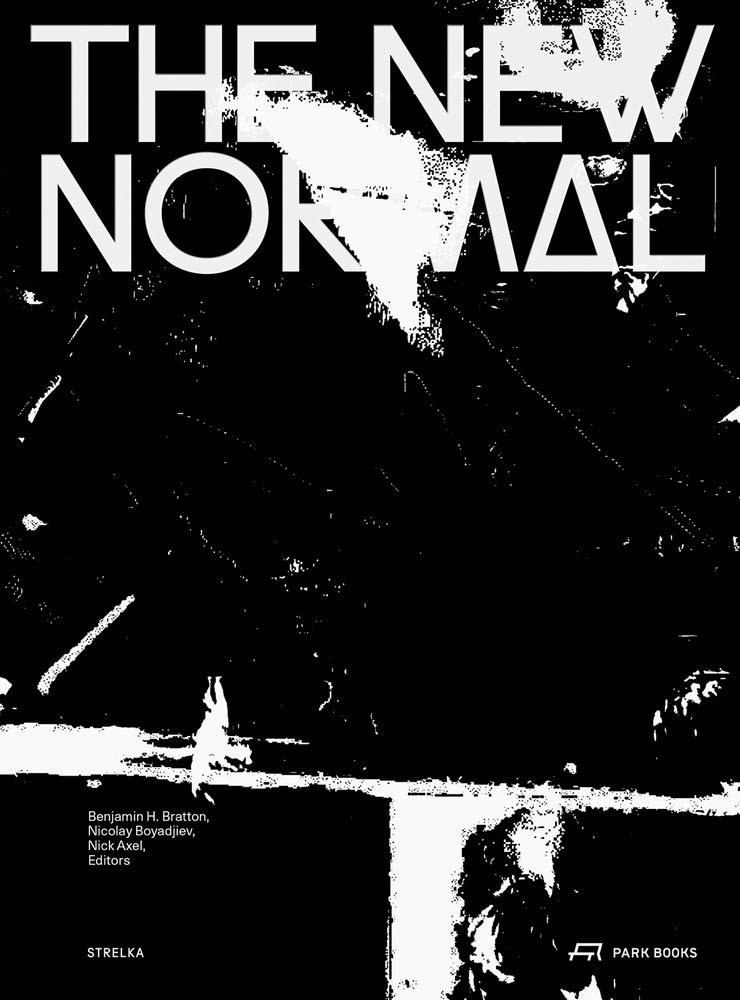On Non-Adaptive Artifacts: Interacting with Planetary Commonness
2020
In The New Normal, eds.: B. Bratton, N. Boyadjiev, N. Axel (Moscow: Strelka Press & Park Books). Link

Epistemic accounts of the historical-discursive givenness of the now total, planetary monohumanist reality cannot eclipse the necessity to struggle for the history of this totality as non-total, as incomplete and subject to intervention. As “post-nuclear creatures now faced with climate catastrophe,” Wynter notes that for the first time in history, humankind is confronted with a common environment, even when in drastically different degrees of crisis.[1] This is a confrontation demanding the invention of new genres of being human, or modes of self-troping commensurate with it—ones made to the measure of the planetary.[2] For the historical-discursive givenness of planetary scale reality to provide an opportunity for new histories to be written, the repurposing of its “worlds at hand” requires urgent archaeological scrutiny.
The planetary scale only exists because of an exponential multiplication of relations between humans, non-humans, economic, social, technological, and earth systems. While the always-imperfect modelling of a total condition is necessary for thinking earth-social-systems, the term “planetary scale” tends to brush aside the local and questions of experience, including the inherent differences the notion of location entails. “Planetary dimensionality,” on the other hand, maintains fidelity to the need for modelling complex earth-social systems as best as possible, while introducing nested scales of co-existence within that totality so as to create a framework for thinking difference and location at, within and in relation to this totality.
— Excerpt
[1] Sylvia Wynter, “A Ceremony Must Be Found: After Humanism”.
[2] David Scott, Preamble to Sylvia Wynter, “The Re-Enchantment of Humanism,” (David Scott, Interviewer), in Small Axe 8, 2000, 119–207.
Patricia Reed, "On Non-Adaptive Artifacts: Interacting with Planetary Commonness", in The New Normal, eds.: B. Bratton, N. Boyadjiev, N. Axel, 2020. Link

